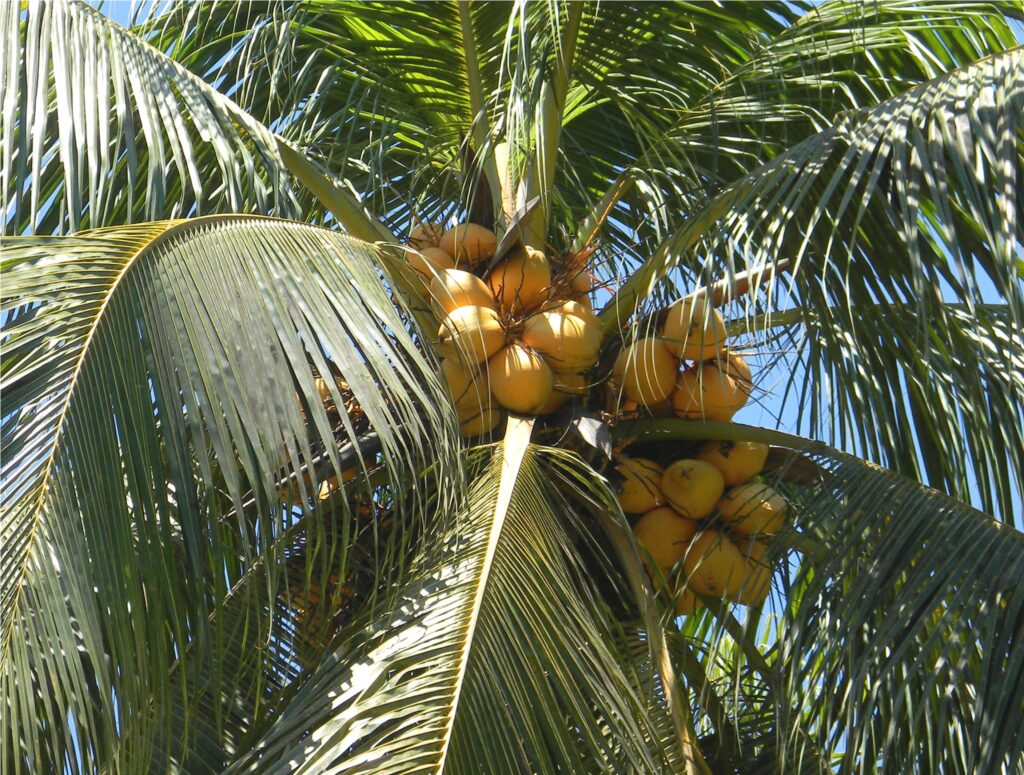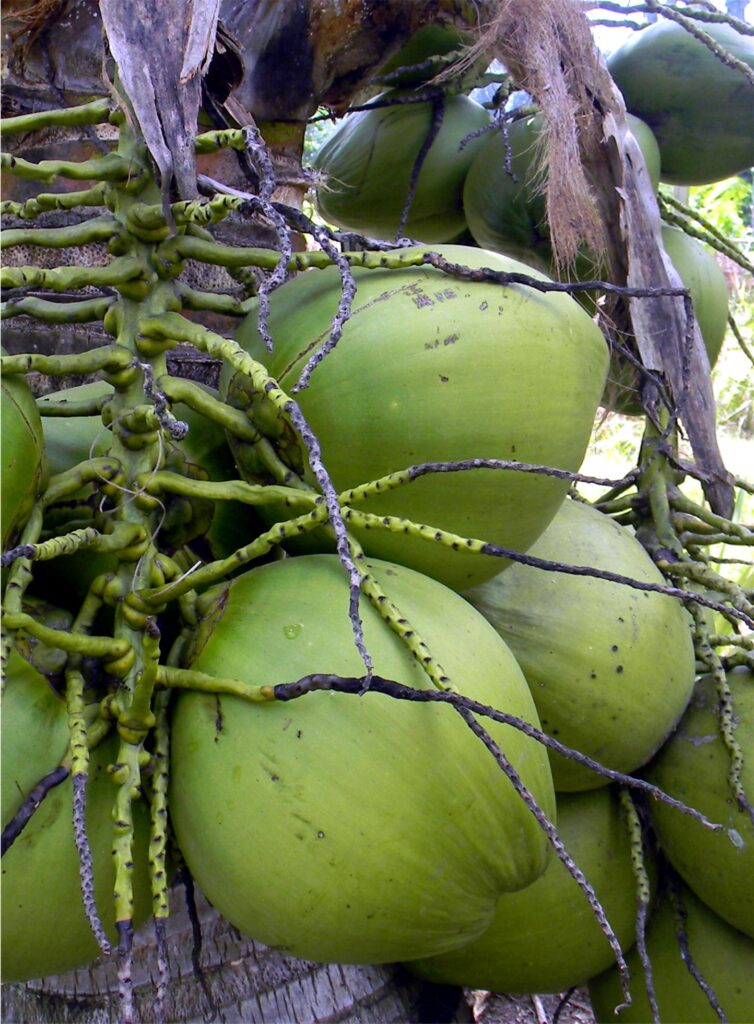Text and Photos by Henrylito D. Tacio
One of every five Filipino adults has diabetes. That’s according to a recent national survey conducted on the prevalence of diabetes in the country. If that’s not alarming enough, as many as three out of five adults are already diabetic or on the verge of developing diabetes if they don’t change their lifestyle.
Diabetes is a chronic, debilitating, and often deadly disease that affects how the body turns food into energy. Normally, the food we eat is converted into glucose and used or stored by the body with little problems. Circulating insulin hormone stimulates the uptake of sugar by the body’s cells.
But with diabetes, something goes awry. The pancreas, which is the organ responsible for producing insulin, becomes irresponsible. It either stops producing the hormone altogether (Type I diabetes) or else produces too much, which leads to insulin resistance (Type II diabetes). Either way, the concentration of sugar in the blood shoots sky-high.
People with Type I diabetes need daily insulin injections. Those with Type II diabetes usually don’t need insulin injections. But 25 percent of them, one study shows, take drugs to improve their sugar metabolism.
Treating Type II diabetes with drugs does reduce blood sugar; it’s true. But in many cases, doctors are electing to treat Type II patients with diet and exercise. They find that this lifestyle approach does more than just reduce blood sugar.
“It does a lot more,” points out Dr. James Barnard, an American professor of physiological science at the University of California, Los Angeles. “The same regiment that puts diabetes on hold has a favorable impact on high cholesterol, high blood pressure, and obesity.” Those three, along with high blood sugar, are what doctors call the deadly quartet.
One of the recommendations most doctors tell their diabetic patients is to cut the sugar intake. “This is becoming a real problem, because many low-fat or fat-free foods now on the market have a lot of refined sugar added to make them taste good,” Dr. Barnard claims. “People with diabetes need to avoid most refined sugar. It really causes problems for them.”
But there is a natural sugar diabetic can consume coconut sugar. It is derived from coconut sap or toddy, which contains 12-18 percent sugar in its natural form with essential vitamins and amino acids. Prior to the discovery of coconut sugar, the coconut sap was traditionally made into alcohol drinks (tuba and lambanog) or as vinegar.

Coconut tree 
Green coconut
“A natural sweetener and functional food, coconut sugar is a much welcome development for diabetics and hypoglycemics,” said the Philippine Council for Agriculture, Forestry, and Natural Resources Research and Development (PCARRD).
Hypoglycemia occurs when blood sugar drops too low. Because keeping their blood sugar at normal levels requires quite a balancing act, people with diabetes are particularly prone to hypoglycemia.
Compared with refined cane sugar, coconut sugar has a glycemic index (GI) of 35. This is much lower than the 54 GI, the level which nutritionists consider safe for people who have to watch out their glucose level.
GI is a measure of the rate at which carbohydrates as glucose enter the bloodstream. “The GI also indicates the rate at which carbohydrates break down during digestion in the small intestine into the simple sugars glucose, fructose and, sometimes, galactose,” explains Dr. Virgilio M. Ofiana in his weekly column for a national daily.
“The glucose is the sugar that is rapidly absorbed and has a reference GI of 100 or greater,” Dr. Ofiana writes. “Both fructose and galactose enter the circulation at a slower rate and need to go to the liver for conversion into glucose: both, therefore, have lower GIs.”
The sudden release of glucose into the bloodstream causes spikes of insulin that, if sustained for some time, is hazardous to health. “Having a low GI means that people who consume coco sugar will not experience sudden spikes in their blood glucose or blood sugar levels,” explained PCARRD, a line agency of the Department of Science and Technology.
The Philippine Coconut Authority (PCA) agrees. Research results have shown that people with diabetes who use coconut sugars are able to stabilize their blood sugar levels, PCA said on its website.
“Coconut sugar is not only sweet but even more nutritious than cane sugar,” says Benjamin R. Lao, an outstanding farmer from Eman, Bansalan, Davao del Sur. Under the name Donna Belle Delicacies, his product line includes coconut sugar, coconut honey, coconut syrup, and coconut sap drink.
According to Lao, coconut sugar goes to the local market while coconut syrup is exported to the United States. He maintains the high quality of his coconut sugar – which, he says, is 100% natural and free from preservatives and artificial flavoring.
Aside from having a low GI, coconut sugar is also rich in nutrients and high in potassium, phosphorus, magnesium, sulfur, calcium, and vitamin C. Like other sweeteners, coconut sugar can be used in coffee, tea, juice, cakes, pastries, and sauces or dressings.
Although not a native of the Philippines, coconut is considered God’s gift to Filipinos. One historian wrote: “A man sleeps in the shade of the tree. He is awakened when a nut falls, drinks the water, and eats some of the meat. He then feeds the rest of the meat to the chickens, which produce eggs, milk, and meat. The leaves provide thatch for the roof and walls of his coconut hut, and are also woven into hats, baskets, and mats.”

